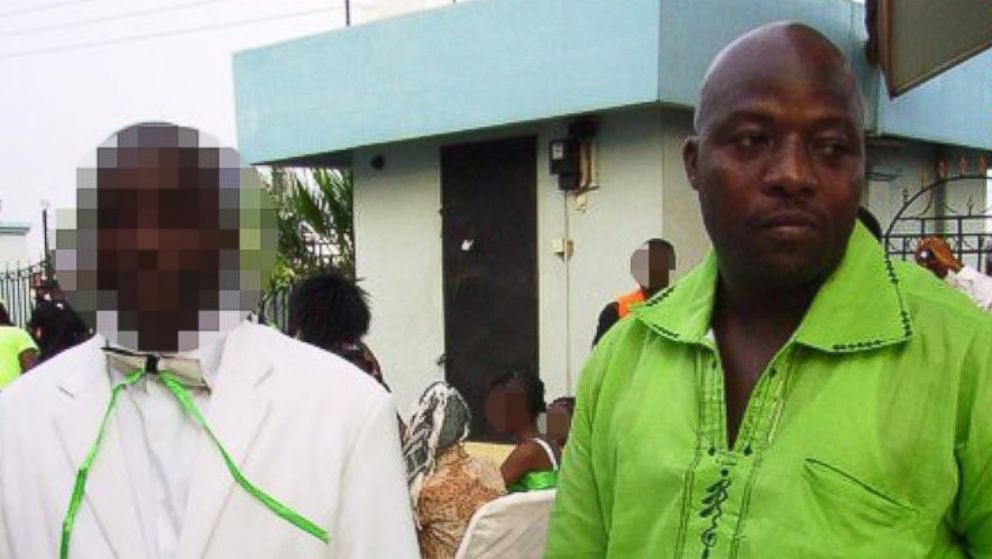Texas Ebola Patient Not Receiving Experimental Medication
— -- Thomas Eric Duncan, the first person to be diagnosed with Ebola in the U.S., is not being treated with experimental medication, officials with the Centers for Disease Control and Prevention said Sunday.
Doctors treating Duncan fear that the experimental medication may worsen his condition, CDC Director Tom Frieden said. Duncan is instead only receiving supportive care.
He is currently in critical condition, doctors said.
Health officials are monitoring about 50 people who may have had contact with Duncan, including nine believed to be at "high risk" for exposure.
Authorities in Dallas announced they have located Michael Lively, another individual who may have come into contact with Duncan. Lively was identified as "low risk" for exposure to Ebola, according to a statement released by Dallas County Judge Clay Jenkins Sunday morning.
Law enforcement officials took Lively to Parkland Hospital in Dallas.
The Ebola virus can only be spread through contact with bodily secretions such as blood, urine or sweat.
Duncan is being treated in an isolation unit at Texas Health Presbyterian Hospital.
He is a former chauffeur from Liberia who was admitted to the hospital last week with a low-grade fever and abdominal pain. His family has been placed in quarantine. The apartment where they lived has been sanitized by clean-up crews.
Duncan traveled from Liberia, the center of the Ebola outbreak, to Dallas last month. Duncan's family has expressed concern that he has not received experimental medication, which was used to treat three Americans infected with Ebola.
"I don't understand why he is not getting the Zmapp," Joe Weeks, who lives with Duncan's sister Mai, told ABC News.
Zmapp is one of six experimental medications that can be used to treat Ebola.
Experimental drugs have been used to treat three American health workers infected with Ebola: Dr. Kent Brantly, Nancy Writebol, and Dr. Rick Sacra.
Sacra was admitted to University of Massachusetts Memorial Medical Center for an upper respiratory tract infection, doctors said.
Doctors believe the infection is unrelated to Ebola.
Get real-time updates as this story unfolds. To start, just "star" this story in ABC News' phone app. Download ABC News for iPhone here or ABC News for Android here. To be notified about our live weekend digital reports, tap here.




